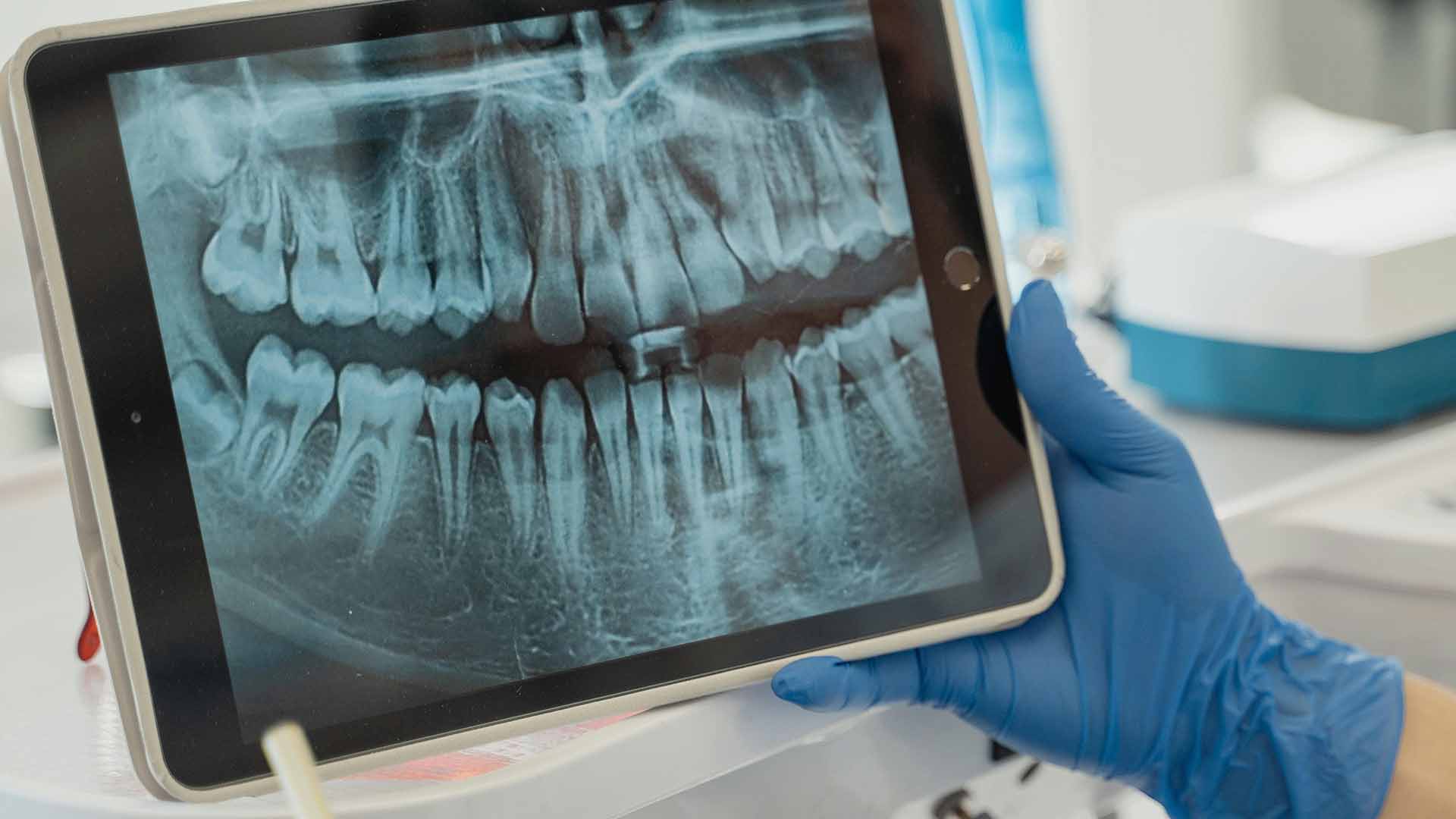Dental implants are a popular and effective solution for replacing missing teeth, providing durability, stability, and a natural look. But one question that often arises is: When is it too late to get dental implants? Understanding if there’s a time limit after tooth extraction or an age restriction can help you make an informed decision. Here’s everything you need to know about whether it’s ever “too late” for dental implants and why waiting too long could impact your options.
What Are Dental Implants and When Is It Too Late to Get Them?
Dental implants are metal posts surgically positioned in the jawbone to support artificial teeth. They serve as a stable, permanent foundation for lost teeth, allowing patients to enjoy improved oral function and aesthetics. However, some situations can affect eligibility, especially if significant time has passed since tooth loss. But when is it too late to get dental implants? In reality, timing and age influence the process, but they don’t automatically mean it’s “too late.”
When Is It Too Late to Get Dental Implants After Tooth Extraction?
After a tooth is extracted, the ideal approach is to consider implants as soon as possible. But exactly when is it too late to get dental implants after an extraction? It mostly depends on jawbone health. Bone resorption, or the gradual loss of bone density that begins once a tooth is removed, is the biggest factor.
- Within Six Months: Generally, within the first six months after tooth extraction, bone loss is minimal, and the jawbone is still strong enough to support an implant, making it an ideal time to proceed.
- Between Six Months and One Year: After six months to a year, some bone loss is typical, though it may still be possible to place implants with minimal adjustments. However, in some cases, bone grafting may be required to reinforce the bone.
- Beyond One Year: Once a year or more has passed, bone resorption may be significant enough that additional procedures, such as bone grafting or sinus lifts, become necessary to provide a stable foundation for the implant.
When Is It Too Late to Get Dental Implants If You’ve Waited Several Years?
If several years have passed since losing a tooth, it’s common to wonder if it’s too late to get dental implants. While waiting too long can complicate the process, advancements in dental techniques and procedures can make implants feasible, even if significant bone loss has occurred. However, there are a few considerations:
- Bone Grafting: Bone grafting can help restore bone density in areas where significant resorption has occurred. This procedure involves adding bone material to the jaw to create a stable environment for the implant.
- Sinus Lifts: For upper jaw implants, a sinus lift might be needed if the sinus cavity has expanded into the bone, limiting the amount of bone available for implant support.
- Extended Treatment Time: When bone grafts and sinus lifts are involved, the dental implant process can take several months, as each preparatory step requires healing time before implant placement.
When Is It Too Late to Get Dental Implants Due to Age?
Age by itself rarely makes it too late to get dental implants. Many older adults have successfully received implants and benefitted from improved oral health and functionality. The primary factors affecting older adults are bone density, general health, and any medical conditions that may interfere with healing, such as osteoporosis or diabetes. With proper planning and medical clearance, age should not be a barrier to dental implants for most individuals.
Three Times When It Might Be Too Late to Get Dental Implants
In some cases, factors may make it more challenging or impractical to receive implants. Here’s a look at when it might be too late to get dental implants:
- Significant Bone Loss Without Grafting Options: For some individuals, severe bone loss combined with health conditions that make bone grafting impossible could limit implant eligibility. Without enough bone to support an implant, achieving a stable foundation becomes difficult.
- Advanced Age and Multiple Health Conditions: Age alone isn’t a limiting factor, but advanced age combined with conditions like severe osteoporosis or uncontrolled diabetes may make dental implants less viable due to the risk of complications.
- Chronic Oral Health Issues: Severe gum disease or advanced decay can impact implant success. Managing these issues is necessary before implant placement, as active infections could lead to implant failure.
When Is It Too Late to Get Dental Implants? Here’s What You Can Do
Even if you’re concerned it might be too late, it’s often worth consulting with a dental professional. They can evaluate your jawbone health and oral condition to determine whether dental implants are a realistic option. Modern advancements in bone grafting, sinus lifts, and implant technology mean that many people previously considered ineligible can still benefit from implants. If traditional implants aren’t possible, implant-supported bridges or dentures may offer a viable alternative.
Act Sooner Rather Than Later
While it’s rarely too late to get dental implants, acting promptly after tooth loss can reduce the need for extra procedures, potentially lowering costs and simplifying the process. If you’re considering replacing a missing tooth, scheduling an evaluation sooner can make the journey smoother and help ensure optimal results.
Conclusion: When Is It Too Late to Get Dental Implants?
For most people, it’s almost never too late to get dental implants, but the longer you wait, the more complicated the process may become. Bone loss, oral health conditions, and other factors can impact the timing and success of dental implants. Consulting with a qualified dental professional can help you understand your options and make an informed decision on whether implants are right for you, regardless of how much time has passed since tooth loss.
So, when is it too late to get dental implants? While there may be limits, in most cases, dental implants remain a possibility, even years after tooth loss.


Leave a Reply